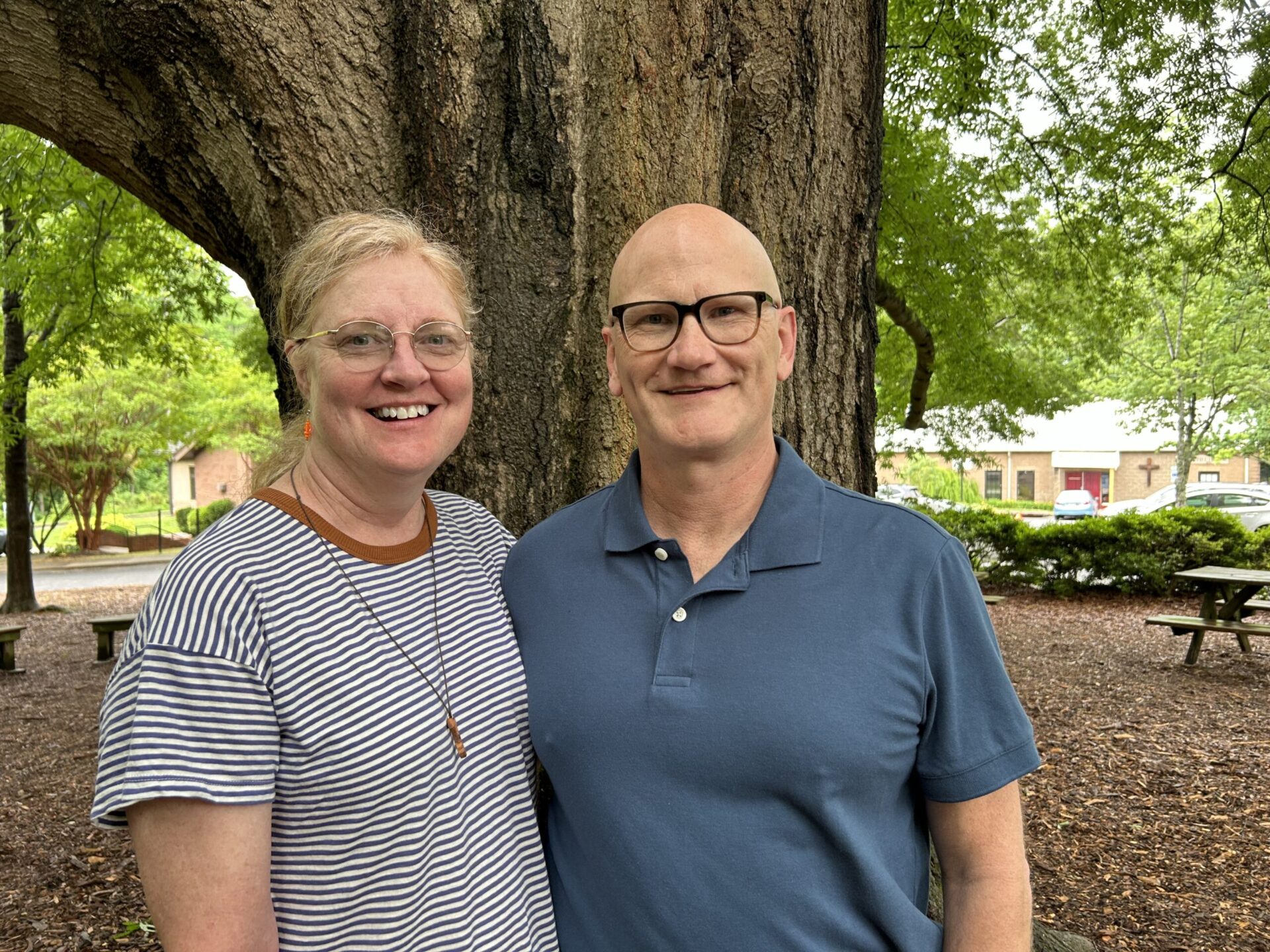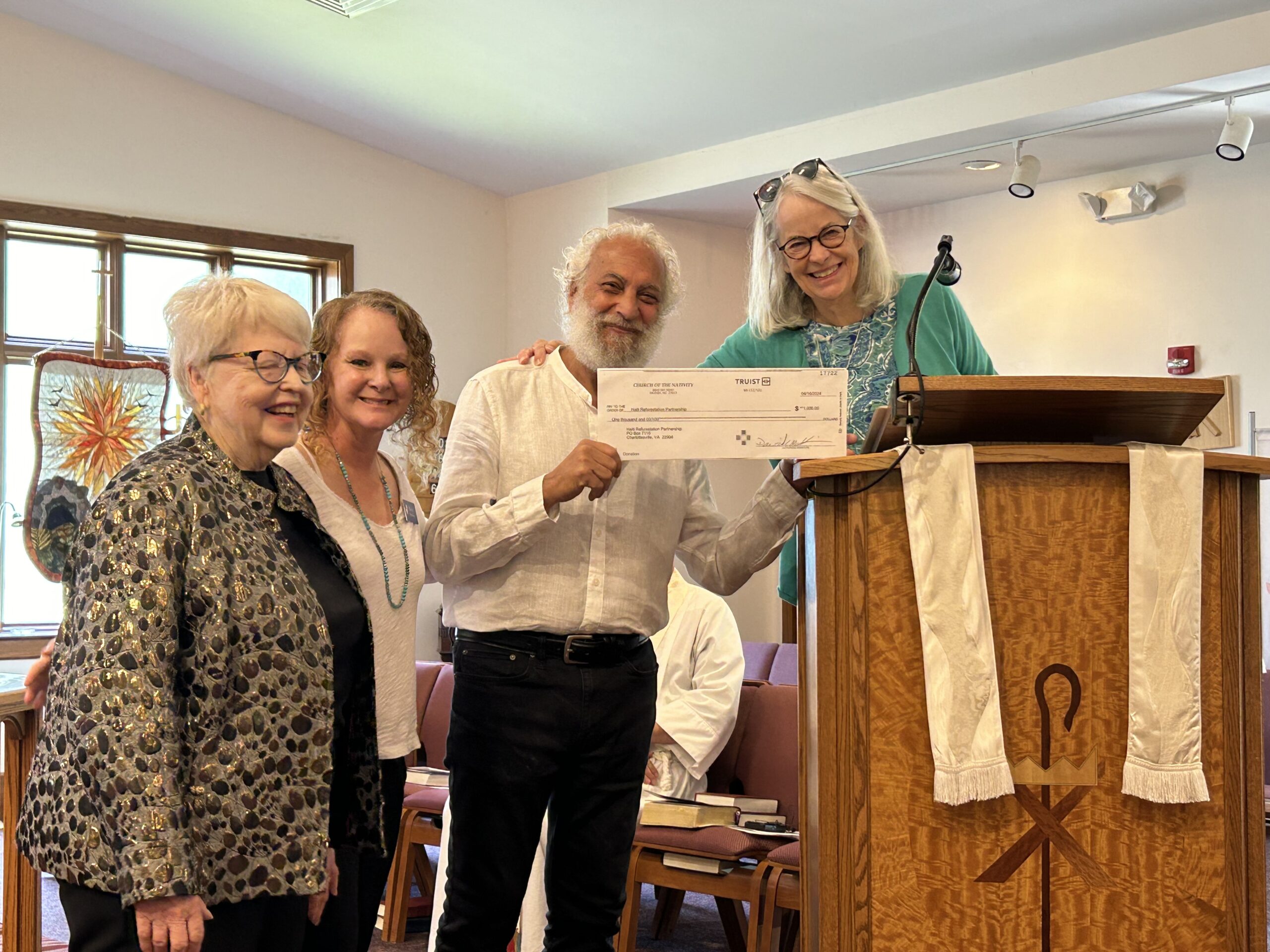Steve Dearth and Sherry Hedrick
Recently Carl Sigel, the inspiration and main driver of Nativity’s Creation Care initiatives, decided to move to a mentorship role in this mission, one that, under his leadership, has been impactful throughout the diocese and beyond.
Enter Steve Dearth and Sherry Hedrick, longtime Raleigh residents who have been attending Nativity for about a year and a half. According to Steve, “We feel strongly that proper stewardship of all God’s creation and His gifts to us are of utmost importance. When Carl, Emilie [Sigel] and Jill [Bullard] asked us if we’d be interested in helping, we jumped at the opportunity.” Adds Carl, “We are so thankful for this new leadership to carry on with this work. It is a crucial time to take action on so many important ecological challenges.”
Thank you to Carl, Steve, and Sherry for all you have done and will do for Creation Care at Church of the Nativity.









